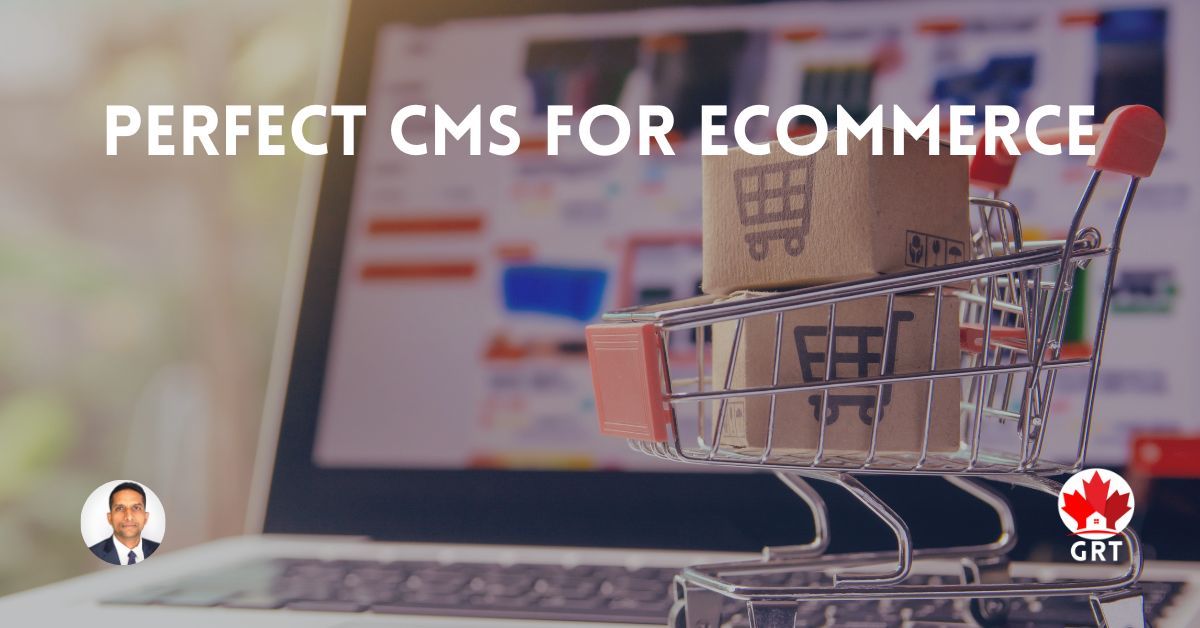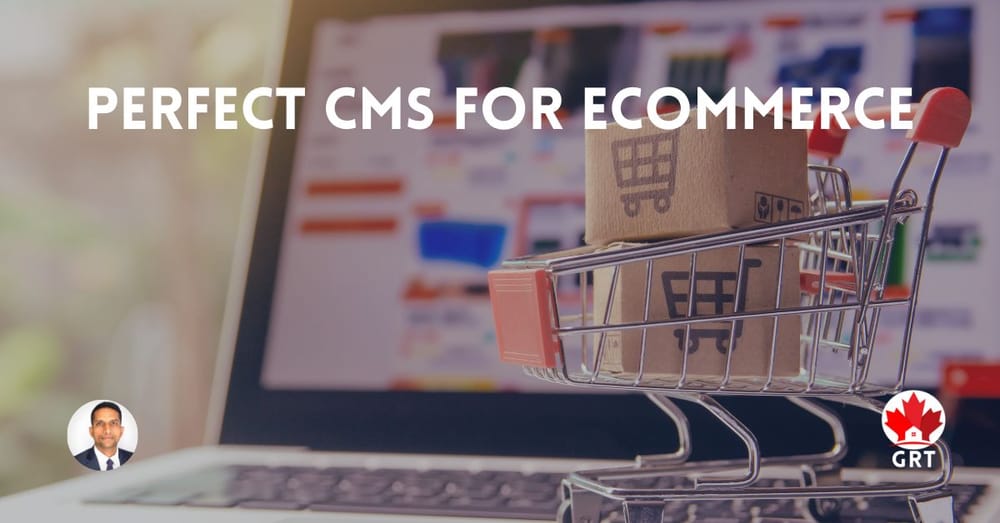Perfect CMS for eCommerce
Choosing the Perfect CMS for Your E-commerce Venture
In the fast-paced world of e-commerce, choosing the correct Content Management System (CMS) is a crucial decision that can have a significant impact on the success of your online business.
Throughout my many years of digital commerce experience, I have worked with platforms of various sizes, including WooCommerce, OpenCart, Shopify, and Prestashop, for small and medium-sized enterprises (SMEs). I have also worked with enterprise-grade solutions like Salesforce Commerce Cloud and Big Commerce.
Based on my experiences with different platforms, I am sharing a guide specifically tailored for business users on how to effectively navigate the decision-making process. They are as followed:
1. Align with Your Business Goals:When choosing a CMS, it's crucial to align our selection with your business objectives. If e-commerce is a central revenue stream, opt for a dedicated commerce platform rather than repurposing a blogging platform like WordPress. Dedicated platforms, such as Shopify or Magento, are specifically designed to handle the complexities of online selling, offering robust features and scalability.
2. Prioritize User-Friendly Design and Responsiveness:The user experience (UX) is paramount in converting website visitors into customers. Ensure that the chosen CMS provides a user-friendly design that is not only visually appealing but also responsive across various devices. A seamless and intuitive shopping experience can significantly boost customer satisfaction and, consequently, conversion rates.

3. Optimize Product Attributes for Maximum Impact:Effectively showcasing your products is essential for driving sales. Identify and include key product attributes that are most relevant to your target customers. This includes detailed product descriptions, pricing, specifications, customer reviews, and real-time availability. An ideal CMS should empower you to present this information in a visually appealing and organized manner, making it easy for customers to compare and make informed purchase decisions.
4. Integration Capabilities for Enhanced Functionality:To elevate your e-commerce platform, consider the integration capabilities of the CMS. Seamless integration with third-party tools and services, such as payment gateways, inventory management systems, and customer relationship management (CRM) software, can enhance the overall functionality of your online store. This ensures a smooth operational flow and provides a better experience for both you and your customers.
5. Scalability for Future Growth:Choose a CMS that can grow with your business. Scalability is vital, especially if you anticipate an increase in products, traffic, or additional features in the future. A CMS that can easily adapt to the evolving needs of your business will save you from the hassle of migrating to a new platform as you expand.
Conclusion:Selecting the right CMS (Content Management System) for your e-commerce venture is a strategic investment. By aligning it with your business goals, prioritizing user-friendly design, optimizing product attributes, integrating essential tools, and ensuring scalability, you establish a solid foundation for a successful and sustainable online store.
Most importantly, take the time to evaluate your options, considering the unique needs of your business, and choose a CMS that not only fulfills your current requirements but also facilitates future growth.



